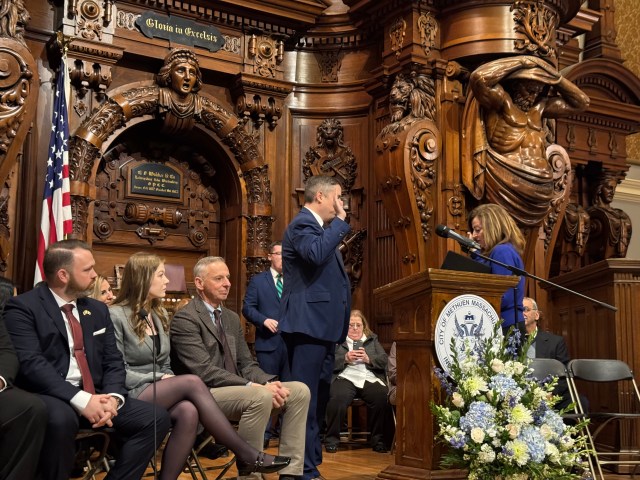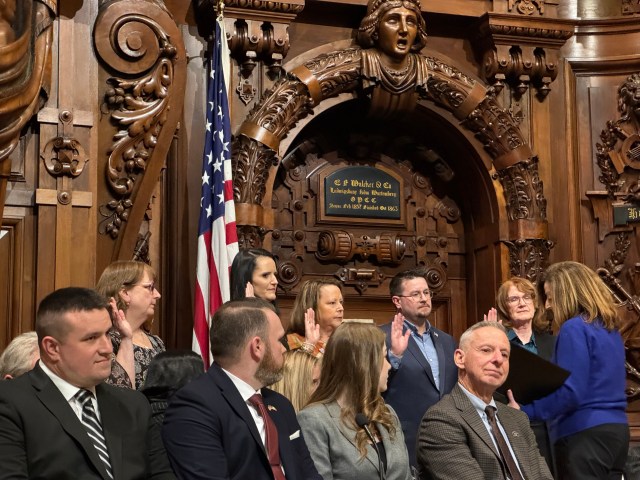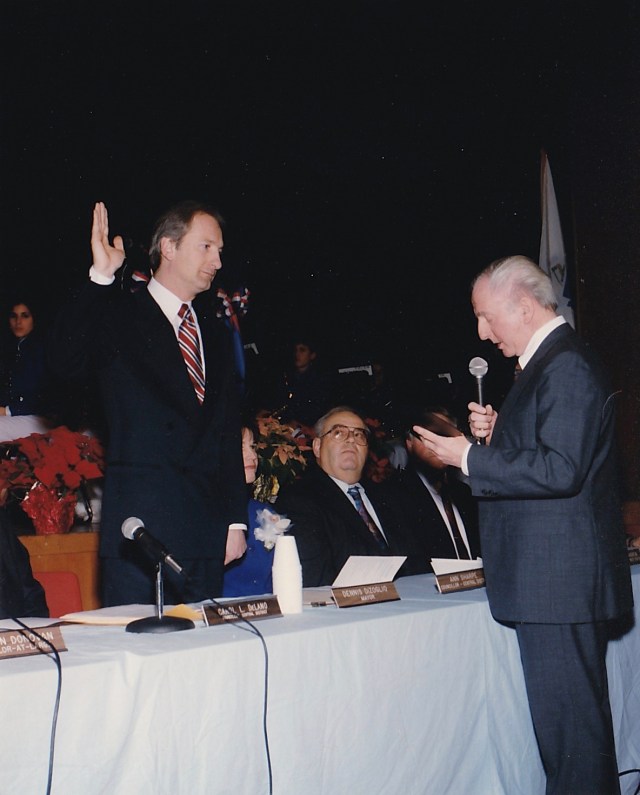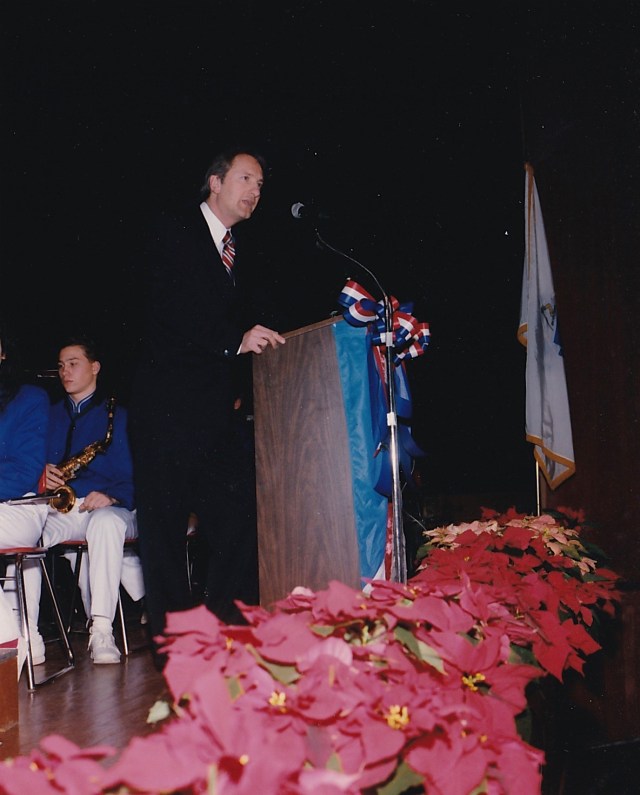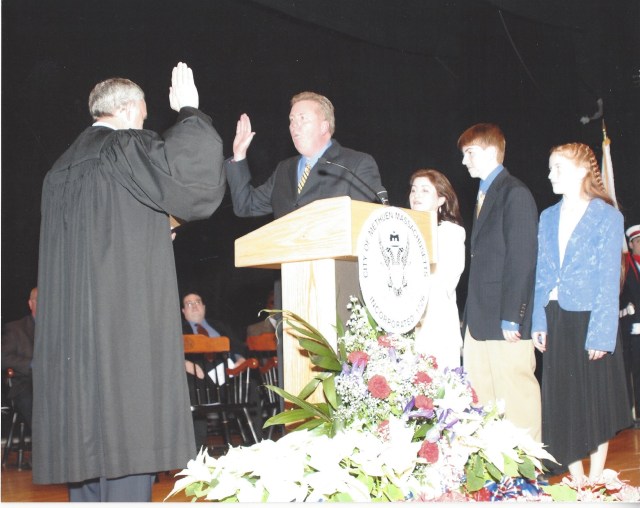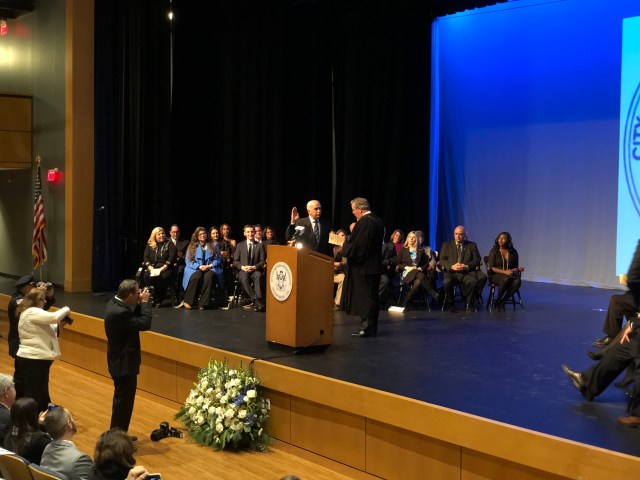President Carter: The White House Years by Stuart E. Eizenstat
My rating: 4 of 5 stars
Stuart Eizenstat’s President Carter: The White House Years offers a detailed and reflective insider account of Jimmy Carter’s presidency, written by one of the administration’s most senior advisers. Serving as Carter’s domestic policy advisor, Eizenstat brings both proximity and perspective to a presidency often remembered more for its difficulties than its achievements.
Eizenstat makes clear from the outset that his purpose is not hagiography but explanation. He is very frank about the Carter shortcomings, and was not afraid to get very specific about those shortcomings. He tries to balance the negative with some of the very positive things that came out of the administration. The book traces Carter’s term from 1977 to 1981, blending personal recollection with documentary evidence drawn from memoranda, meeting notes, and later interviews.
Eizenstat repeatedly emphasizes that Carter approached the presidency as an engineer and problem-solver rather than a politician. Reflecting on this tendency, Eizenstat observes that Carter believed if the facts were clear and the policy sound, political support would follow, an assumption that often proved false in practice. Eizenstat lays out one of the problems, as he saw it, early in the book:
“It is impossible to govern without co-opting major institutions and their leaders to support a president’s agenda and stand behind him in tough times. … he must reach accommodation with the organized groups inside the Beltway who too often call the shots via access to their deep congressional connections and carefully targeted campaign contributions.”
President Carter: The White House Years, Eizenstat, Stuart pg. 41-42
Carter, due to his inherent stubbornness, amongst other traits, failed to discern this truth, and alienated key constituencies while doing what he believed to be the right thing.
Carter also started, from an administrative perspective, on what most would consider the wrong foot. He came into the Presidency with the idea that he could do without a Chief of Staff, utilizing the “spokes of the wheel” methodology putting himself at the center of multiple “report to” staffers. Eizenstat, and most observers of presidential administration, see it as a recipe for disorganization. President Ford had tried it initially, and quickly abandoned it. With the Carter folks coming in Dick Cheney, a Chief of Staff to President Ford, left Hamilton Jordan a gift, a bicycle wheel with mangled spokes, with the warning, “beware the spokes of the wheel.” (See the Chris Whipple book “The Gatekeepers: How the White House Chiefs of Staff Define Every Presidency” for a very good take on the spokes of the wheel)
Eizenstat is frank about the internal strains within the White House, and how those strains led to policy ambivalence, and maybe even policy confusion. The very stark differences between national security advisor Zbigniew Brzezinski and Secretary of State Cyrus Vance were problematic, which is acknowledged and highlighted by the author. Once again Eizenstat paints a picture of the administration having conflicting, maybe muddled, messaging in this key portfolio. Like many books dealing with U.S. foreign policy in this era Henry Kissinger manages to get a lot of mention, even though he did not serve in the Administration. I would say that Eizenstat recognizes that some of Carter’s foreign policy preferences were a negative reaction to Kissinger’s conduct of policy under Nixon/Ford.
“From his first days in office Carter abandoned Kissinger’s incremental path of successive disengagements to seek sweeping, comprehensive peace agreements between Israel and all its hostile neighbors, and he revived the idea of the Geneva peace conference. It was almost a utopian program.”
President Carter: The White House Years, Eizenstat, Stuart pg. 416
I am confident that Kissinger was horrified at the approach, as utopia was never his goal. Kissinger had paid nominal lip service to the Geneva process co-chaired with the U.S.S.R, but in reality had worked assiduously to marginalize the Soviet Union in the Middle East, quite successfully. ( See Martin Indyk, “Master of the Game: Henry Kissinger and the Art of Middle East Diplomacy” for a great read on Kissinger’s Middle East shuttle diplomacy.)
Eizenstat, of course, covers the major foreign policy success of President Carter, the Camp David Accords, which brought a negotiated peace and diplomatic relations between Israel and Egypt. But out of that success grew major disappointment for Carter, who could never move the Israeli side as far as he would have liked, leading to a poisoning of relations between him and Israeli Prime Minister Menachem Begin. That poisoning ultimately led to a major loss of support for Carter from the Jewish electorate in America. Eizenstat agonizes over this split in the book, and he highlights his own attempts to heal the breach.
The book is especially strong in explaining how Carter’s governing philosophy collided with Washington realities. Eizenstat writes that the administration entered office believing it could restore honesty and competence to government, yet soon found itself navigating inflation, energy shortages, and international crises that resisted technocratic solutions. Eizenstat acknowledges Carter’s insistence on reading every document that hit his desk, including long policy papers, and how this attention to minutiae burnt valuable time and prevented the Administration from governing on a broader message. Hamilton Jordan wrote Carter a 116 page memo on issues facing the Administration in which he said:
“You find it difficult-if not impossible-to say that ‘this problem is not important enough to merit my personal attention.’ As a result, too many policies, programs and issues receive what I describe as excessive Presidential attention and absorb too much of the precious political and moral capital of your Presidency.”
President Carter: The White House Years, Eizenstat, Stuart pg. 482
Carter also had difficulty with Congress that, while not entirely his fault, hampered his ability to get things done. Much of the dysfunction involved in that relationship is acknowledged to be the fault of the Administration, and of Carter personally. His attack on Congressional water projects, pork to him but politically vital for members of Congress many from his own party, started the relationship on a sour note. While it had its up and downs Carter was never really comfortable as a back-slapping pol. He preferred position papers. While not directly connected the eventual rupture with Ted Kennedy, flowed out of some of these Carter personality traits. While he did indeed beat Kennedy in the Democratic race in 1980 he was wounded, and never fully recovered. The author, as you might expect, was careful in his description of the Kennedy challenge, but I got the sense that he was deeply disillusioned with the Kennedy actions.
Eizenstat devotes considerable attention to Carter’s energy policy, which he characterizes as both prescient and politically costly. He notes that Carter warned Americans that the era of cheap energy was over, a message that was unpopular at the time but increasingly validated in later decades. Similarly, Eizenstat presents the Camp David Accords as evidence of Carter’s persistence, describing the negotiations as a process that required patience, moral conviction, and an unusual willingness to invest personal time.
Throughout the book, Eizenstat challenges the notion that Carter’s presidency lacked accomplishment. He argues instead that many of Carter’s initiatives — on human rights, deregulation, and environmental protection — reshaped the policy landscape long after he left office. The author reminds us several times that it was Jimmy Carter who appointed Paul Volcker to the Fed, something that many have forgotten.
President Carter: The White House Years is a thoughtful, richly detailed reassessment of a presidency that remains widely misunderstood. Through measured analysis and firsthand experience, Eizenstat offers a portrait of Jimmy Carter as a serious, principled leader whose ambitions were often ahead of their time. The book reminds readers that political success and historical significance are not always synonymous.
For students of American government and readers interested in presidential leadership, Eizenstat’s account provides a nuanced and valuable contribution to the literature.
-
Recently Written
- A Look at President Carter: The White House Years by Stuart Eizenstat
- The Methuen Inaugural Now and Then 2026 Edition
- A Look at “King of Kings” by Scott Anderson
- The Lessons of Munich
- A Look at “Stuck” by Yoni Appelbaum
- Town of Seabrook 2024 Water Sewer Financial Reports
- A Look at Apple in China by Patrick McGee
- A Look at Presidential Command by Peter Rodman
- Seabrook Announces Tax Agreement With NextEra
- Seabrook Memorial Day 2025
Archive
Categories
- Appeasement
- Books
- Brexit
- Capital Improvement Plan
- Casino Gaming
- Education
- Education Reform
- Electoral Map
- Fifth Congressional
- Greece
- Health Care Reform
- History
- International
- Ireland
- Manzi in the Morning
- Media
- Merrimack Valley Politics
- Methuen
- Methuen City Council
- Methuen Mayor's Race
- Munich Conference
- Municipal Finance
- Music
- National News
- NextEra
- Resiliency
- Seabrook
- Song of the Week
- Sports
- State News
- Surveys
- Technology Beat
- Transportation Finance
- U.S. Senate Race
- Uncategorized
- WCAP Podcast





